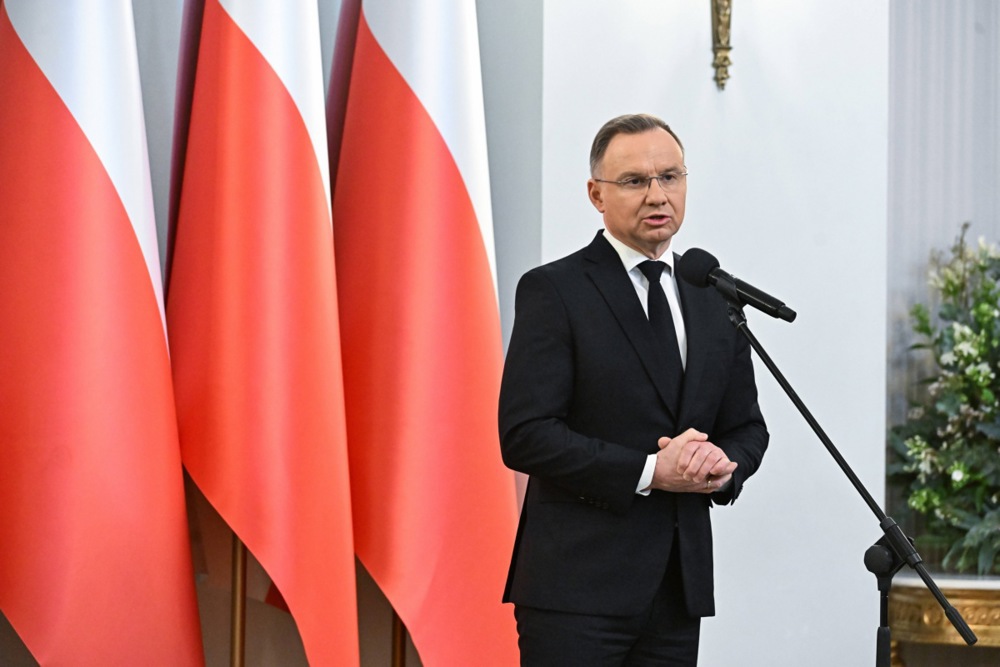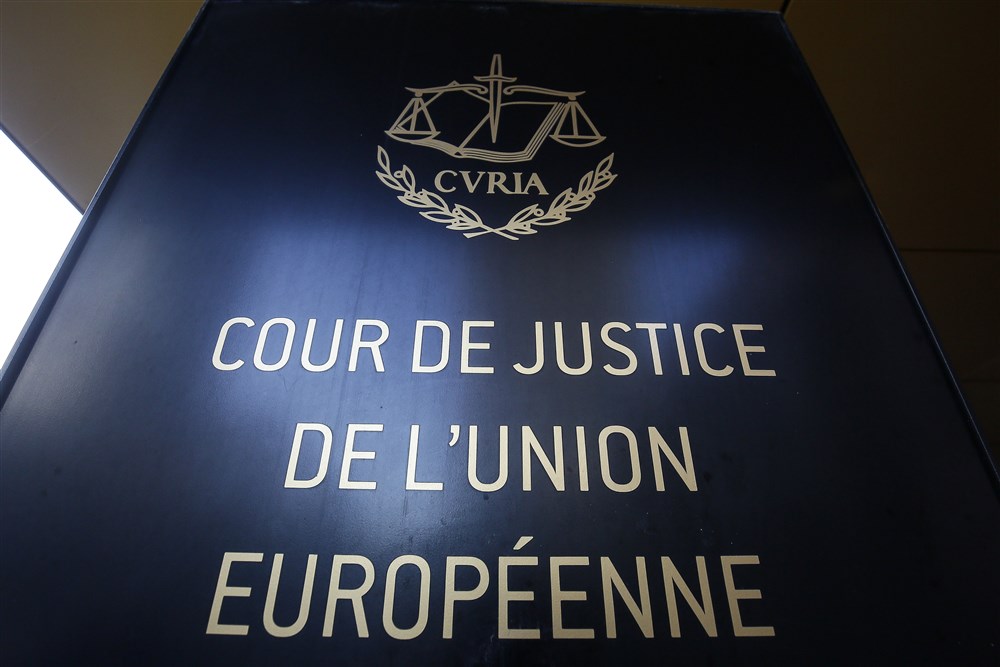Andrzej Duda, the outgoing President of Poland, has said that a large-scale clear-out of the judiciary may be required in Poland if judges persisted with their political bias.
The president, whose final term of office expires on August 6, said a return to the hanging of what he called such traitors would discourage their behaviour.
The Polish head of state made his remarks in an interview on judicial reform on July 9 . In it he claimed the judiciary had survived Communism with little reform and then rebelled at the attempt to instigate that made by the last Conservative (PiS) government (2015-2023).
Duda and the Conservatives (PiS) opposition maintained that “post-Communists” retained power in politics, the judiciary, media, business and other key sectors.
A visibly angry Duda declared : “If these judges do not come to their senses and agree to a rest, it will end up with all these people being removed from the judicial system, without the right to retire.
“A cleansing process will be necessary because these people have proved over the years that they are unfit to be judges.”
Expulsion from the judiciary without the right to retirement was currently possible in cases where a judge commited a disciplinary offence resulting in dismissal from service. Such a penalty stripped the judge not only of the right to adjudicate but also of judicial retirement benefits.
But Duda did not stop there, he doubled down on his message by effectively calling the judges he was thinking about traitors.
“Recently, a man said to me very brutally: ‘Do you know why there is so much treason and brazen squabbling in Poland? Because it’s been a long time since anyone was hanged for treason,’” said Duda
“It’s terrible, but there’s truth in those words. Punishment also has a deterrent effect,” he added.
The President’s words led to a response from foreign minister Radosław Sikorski, who wrote on X: “I kindly inform President Andrzej Duda that … Poland has been bound since 2000 by protocol number 6 to the Council of Europe Convention for the Protection of Human Rights, which abolished the death penalty.”
Other politicians from the ruling centre-left coalition led by Prime Minister Donald Tusk were much harsher in their judgement. Dariusz Joński MEP claimed Duda’s words proved that the “PiS is leading us towards civil war”.
Since the PiS lost power in 2023, the Tusk government has sought to introduce reforms to “depoliticise the judiciary and restore legitimacy to the courts”.
He has produced proposals that would purge the 3,000 judges appointed during Duda’s term and change the composition of the constitutional court and the National Council of the Judiciary, which the PiS argued would bring the judiciary under the centre-left’s control.
It has defended the reforms it introduced during its period in office by stating that the introduction of greater involvement of parliament in the election of the National Council of the Judiciary was the correct course of action. It pointed out that such an approach was used in countries such as Germany and Spain and that European Union institutions had no right to rule on a member state’s organisation of its judiciary.
The European Commission and the European Court of Justice (ECJ), though, have argued that the reforms introduced by PiS reduced judicial independence and that the Lisbon Treaty gave both the EC and ECJ the right to defend values such as judicial independence and the rule of law.
The Tusk government has refused to recognise decisions taken by the present constitutional court and parts of the Supreme Court or to recognise their judgments.
Parts of the ruling coalition even challenged the election of the PiS-backed Karol Nawrocki as president in June’s election on the grounds that there was no court recognised by European institutions to approve the result.
Former heads of the constitutional and Supreme Court even suggested that parliament should refuse to allow Nawrocki to take the oath of office over this matter.
The PiS was not committed to the return of the death penalty in Poland, although some of its leaders such as former justice minister Zbigniew Ziobro supported the idea.
During Poland’s presidential election this year, the only candidate who came out openly in favour of the return of capital punishment was the right-wing maverick MEP Grzegorz Braun.





